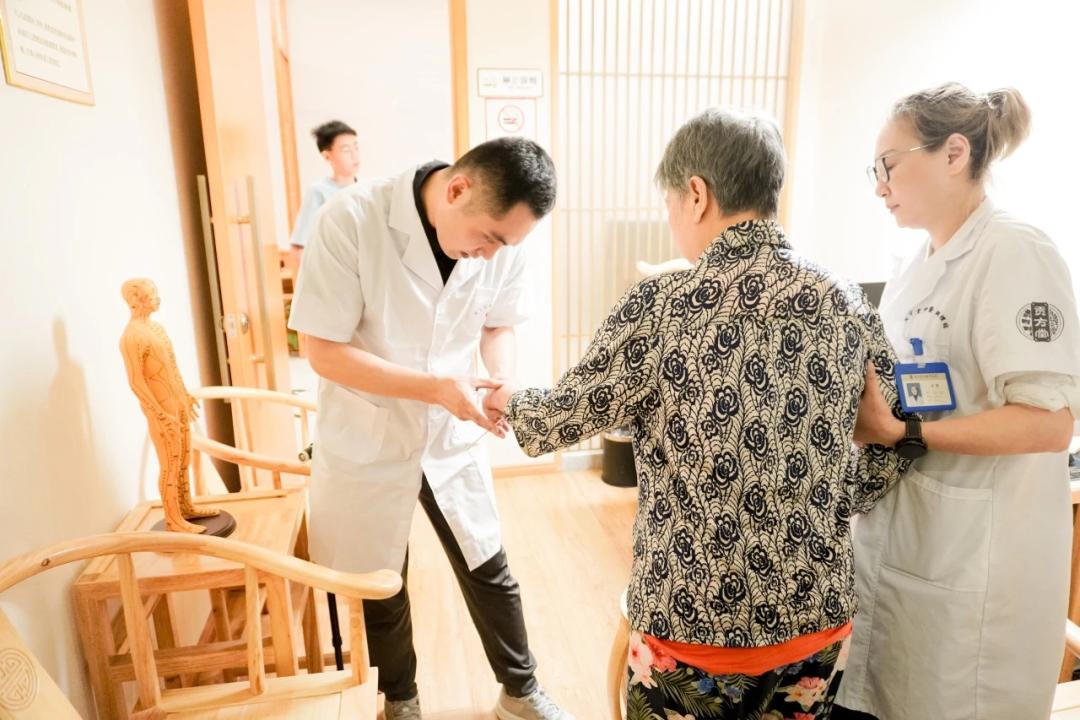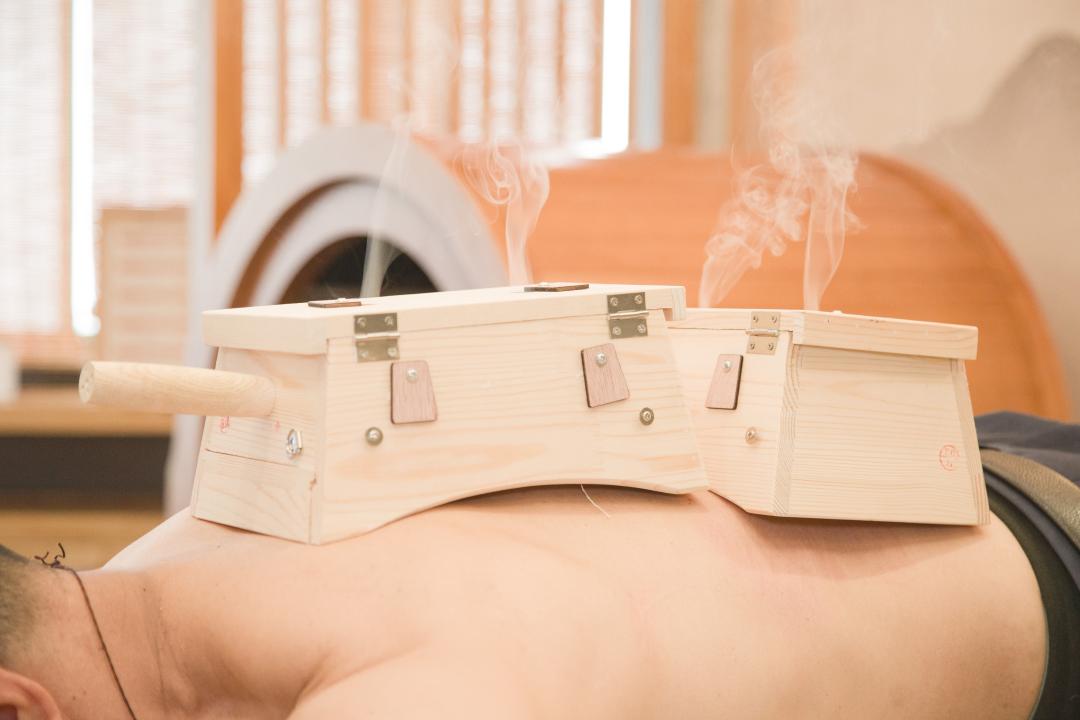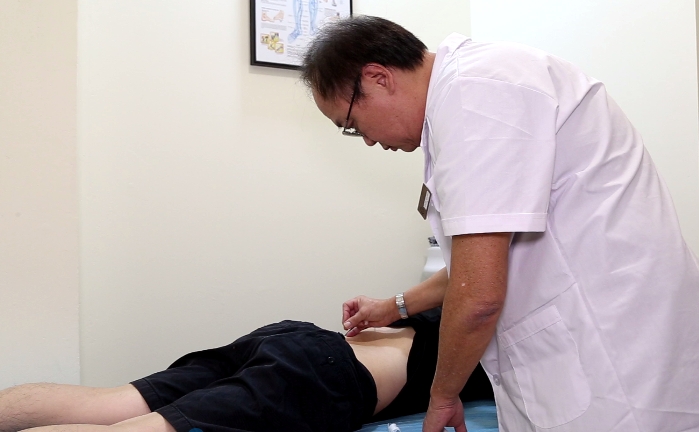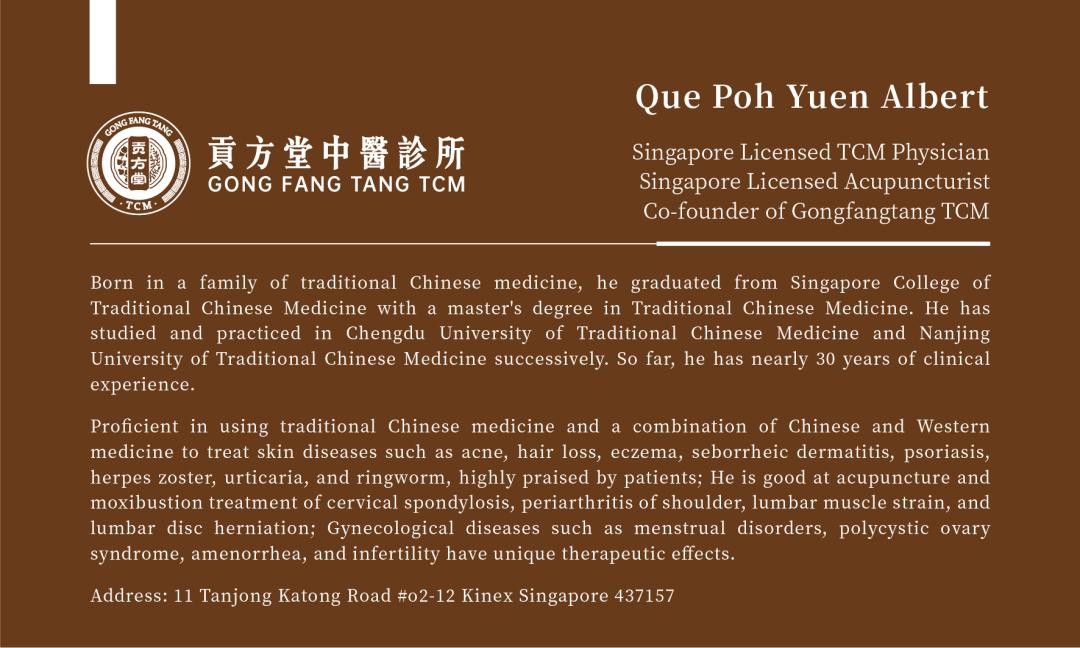Regardless of your age, various types of physical pain inevitably arise, stemming from diverse causes. How should they be alleviated? Why do these pains occur?
Gong Fang TCM Clinic (Singapore) explains: Chronic pain is viewed in Traditional Chinese Medicine (TCM) as an external manifestation of an imbalance in the body's Yin and Yang, coupled with stagnation of Qi and Blood in the meridians. It typically refers to stubborn pain lasting more than 3 months (or recurring acute pain for over half a year).

What Causes Chronic Pain?
Qi Stagnation and Blood Stasis (Qi Zhi Xue Yu): Caused by prolonged sitting/lying, trauma, or emotional depression leading to obstructed Qi and Blood circulation. Pain is often stabbing and fixed in location (e.g., stabbing lower back pain). Tongue may appear purplish-dark with ecchymosis (blood spots).
Cold-Damp Congealing and Stagnation (Han Shi Ning Zhi): Caused by prolonged exposure to damp environments or excessive consumption of cold foods/drinks, allowing Cold and Damp pathogens to block the meridians. Pain is characterized by coldness and heaviness (e.g., cold knee pain worsening with cold exposure). Tongue coating is white and greasy.
Phlegm-Turbidity Blockage (Tan Zu Bi Zu): Caused by Spleen-Stomach weakness generating Phlegm, or external Dampness accumulating into Phlegm, obstructing the meridians. Pain is typically sore and heavy (e.g., shoulder/neck pain with Phlegm nodules). Accompanied by a sensation of heavy limbs.
Qi and Blood Deficiency (Qi Xue Liang Xu): Seen in those with chronic illness, post-surgery, or Spleen-Stomach weakness, where Qi and Blood fail to nourish muscles and bones. Pain is dull, lingering, and persistent (e.g., postpartum lower back pain). Accompanied by fatigue and pale complexion.
Liver and Kidney Yin Deficiency (Gan Shen Yin Xu): Seen in the elderly, frail, or those with chronic illness damaging Yin, leading to malnourishment of tendons and bones. Pain may feel burning and worsens at night (e.g., menopausal heel pain). Accompanied by tidal fever and night sweats.
Spleen and Kidney Yang Deficiency (Pi Shen Yang Xu): Due to insufficient Yang Qi failing to warm the body. Pain is characterized by coldness and preference for warmth/pressure (e.g., chronic abdominal pain, cold lower back/knee pain). Accompanied by aversion to cold and cold limbs.

Gong Fang TCM Clinic (Singapore) Specialized Therapies
Activating Blood and Unblocking Collaterals (Huo Xue Tong Luo): Common herbs: Danshen (Salvia), Chuanxiong (Ligusticum), Taoren (Peach Seed). (e.g., Shen Tong Zhu Yu Tang - Decoction for Relieving Blood Stasis Pain).
Expelling Dampness and Dispelling Cold (Qu Shi San Han): Common herbs: Qianghuo (Notopterygium), Duhuo (Angelica Pubescens), Guizhi (Cinnamon Twig). (e.g., Qiang Huo Sheng Shi Tang - Notopterygium Decoction to Overcome Dampness).
Resolving Phlegm and Dissipating Nodules (Hua Tan San Jie): Common herbs: Banxia (Pinellia), Chenpi (Tangerine Peel), Baijiezi (White Mustard Seed). (e.g., Xiao Tan Tong Luo Tang - Phlegm-Resolving and Collateral-Unblocking Decoction).
Tonifying Qi and Nourishing Blood (Bu Qi Yang Xue): Common herbs: Huangqi (Astragalus), Danggui (Angelica Sinensis), Dangshen (Codonopsis). (e.g., Huang Qi Jian Zhong Tang - Astragalus Decoction to Fortify the Middle).
Enriching and Tonifying Liver and Kidney (Zi Bu Gan Shen): Common herbs: Shudi Huang (Rehmannia Praeparata), Gouqizi (Lycium Fruit), Duzhong (Eucommia Bark). (e.g., Zuo Gui Wan - Left-Restoring Pill).

Warming Kidney and Supporting Yang (Wen Shen Zhu Yang): Common herbs: Fuzi (Aconite Preparata), Rougui (Cinnamon Bark), Bajitian (Morinda Root). (e.g., You Gui Wan - Right-Restoring Pill).
Acupuncture Therapy: Selecting points along meridians + Ashi points (tender spots). E.g., for back pain: BL23 (Shenshu), BL25 (Dachangshu). Techniques like electro-acupuncture and warm needle moxibustion enhance meridian unblocking.
Tui Na (Therapeutic Massage): Techniques like rolling (Gun Fa) and pressing/kneading (An Rou Fa) release adhesions (e.g., for cervical strain). Point pressing on ST36 (Zusanli), SP10 (Xuehai) regulates Qi and Blood.
External TCM Treatments:
Hot Compress: E.g., Fructus Evodiae (Wuzhuyu) + coarse salt, stir-fried, wrapped in cloth - warms meridians, dispels cold.
Medicated Plasters: E.g., Musk-based bone-strengthening plasters - transdermal delivery directly to the affected site.

TCM approaches chronic pain not just by addressing local symptoms, but by emphasizing holistic regulation of organ Yin-Yang balance and the smooth flow of Qi and Blood through the meridians. If you suffer from chronic pain, consult a qualified TCM practitioner for syndrome differentiation and treatment. By "unblocking what is obstructed and nourishing what is deficient," TCM aims to improve the underlying pain constitution at its root.